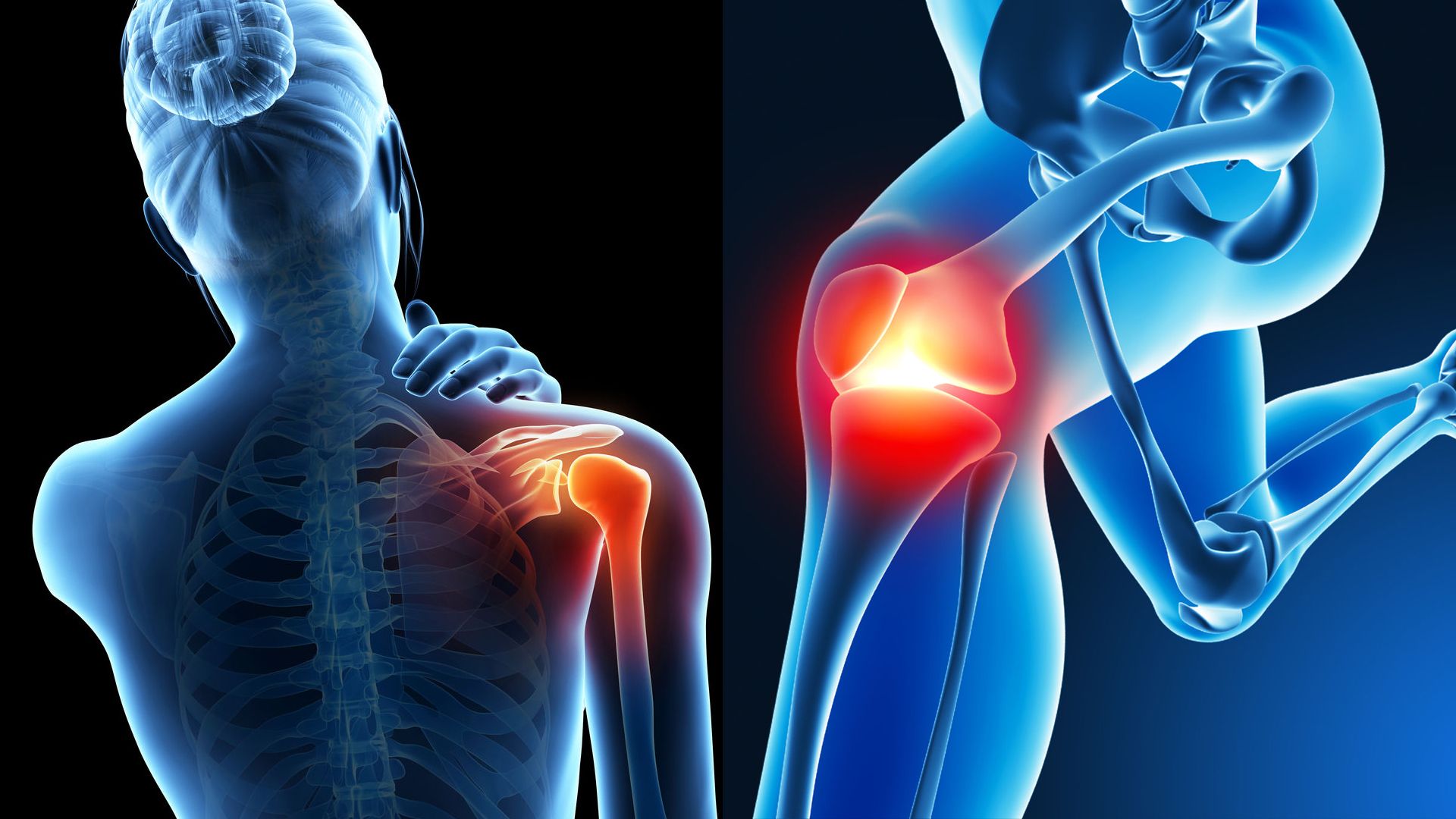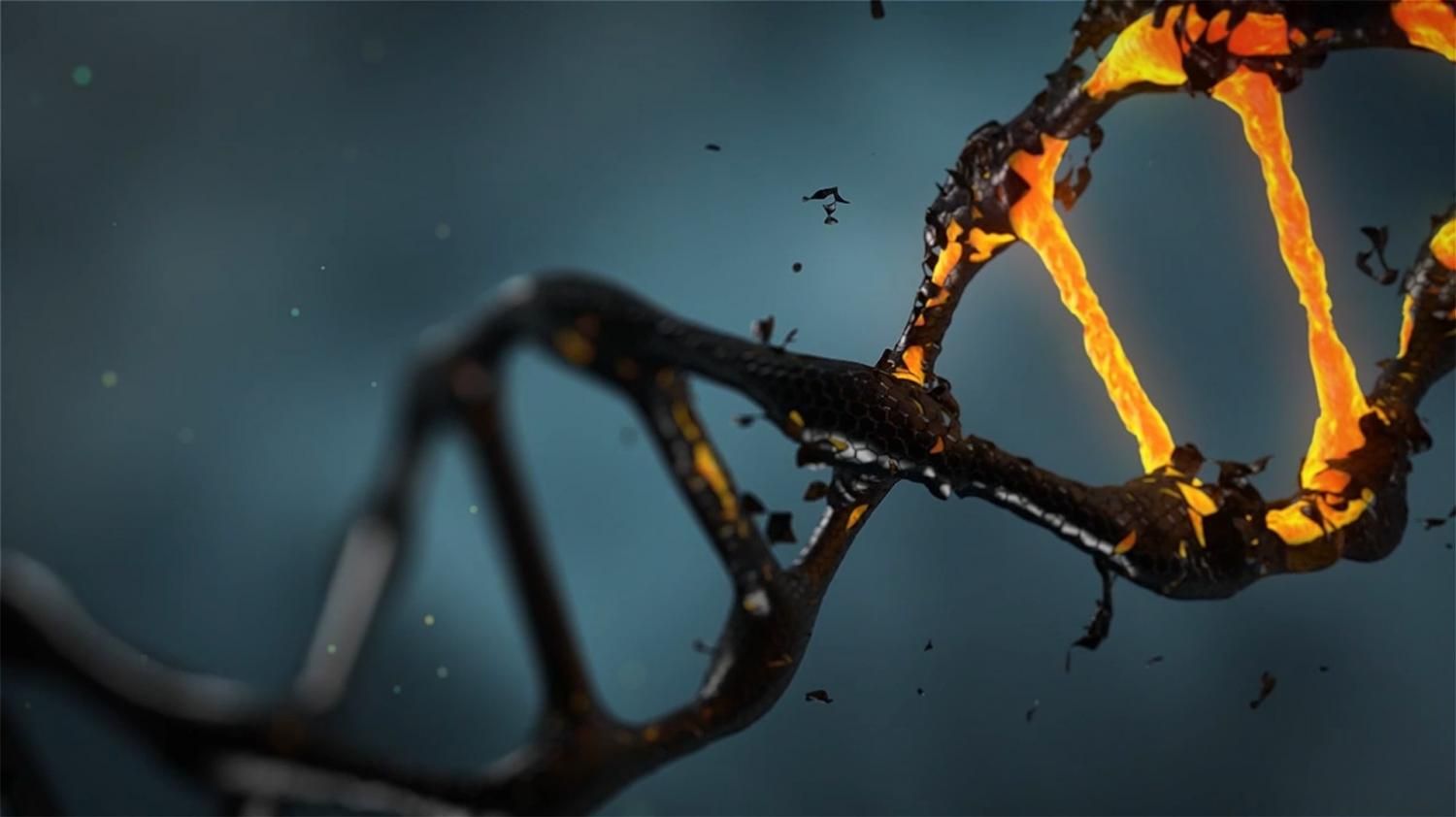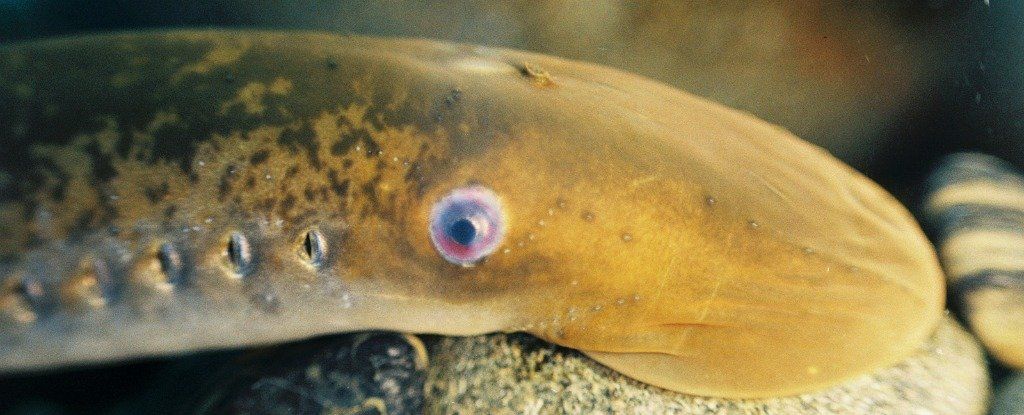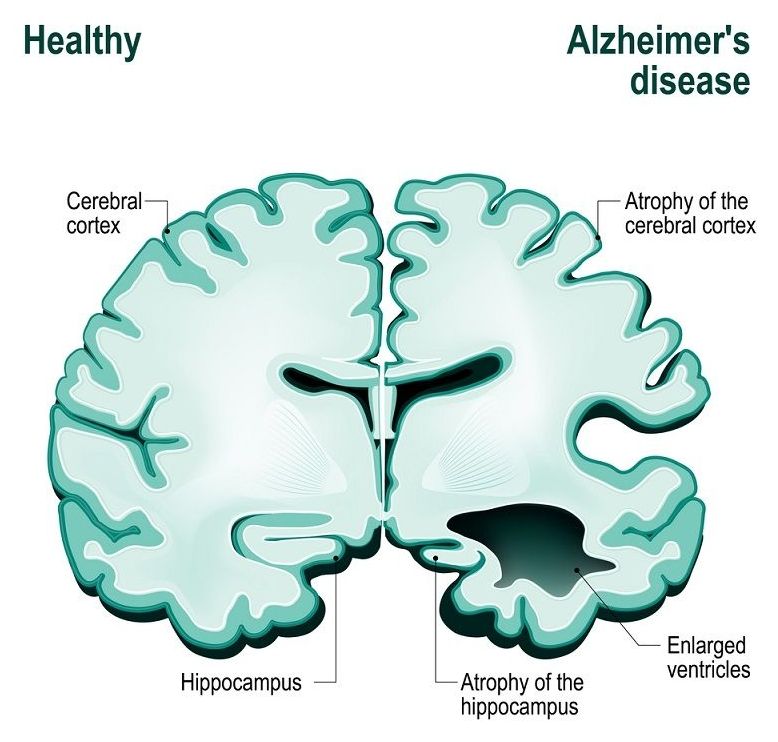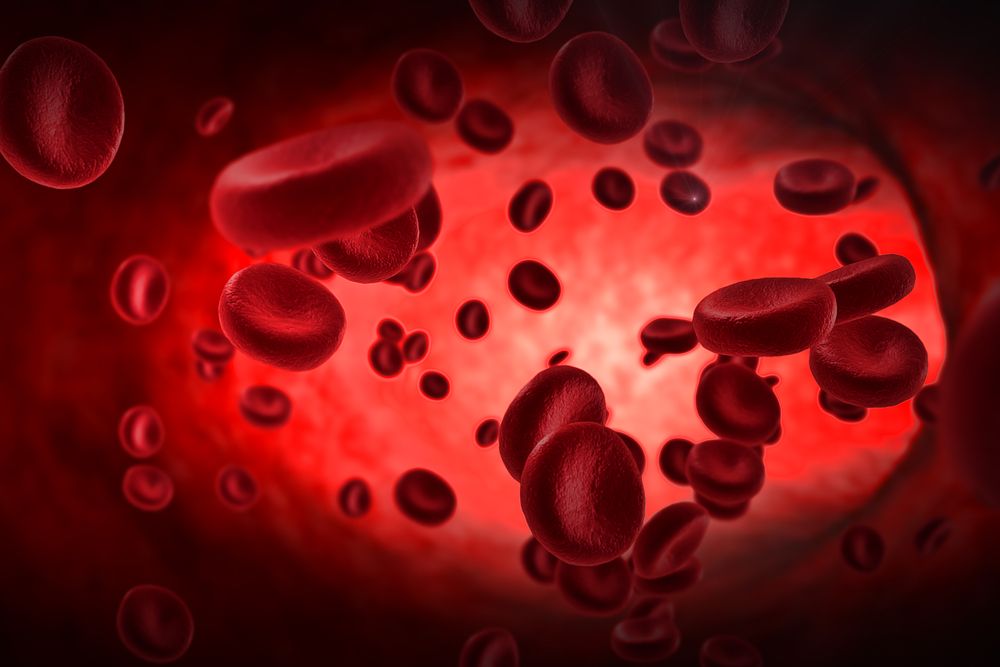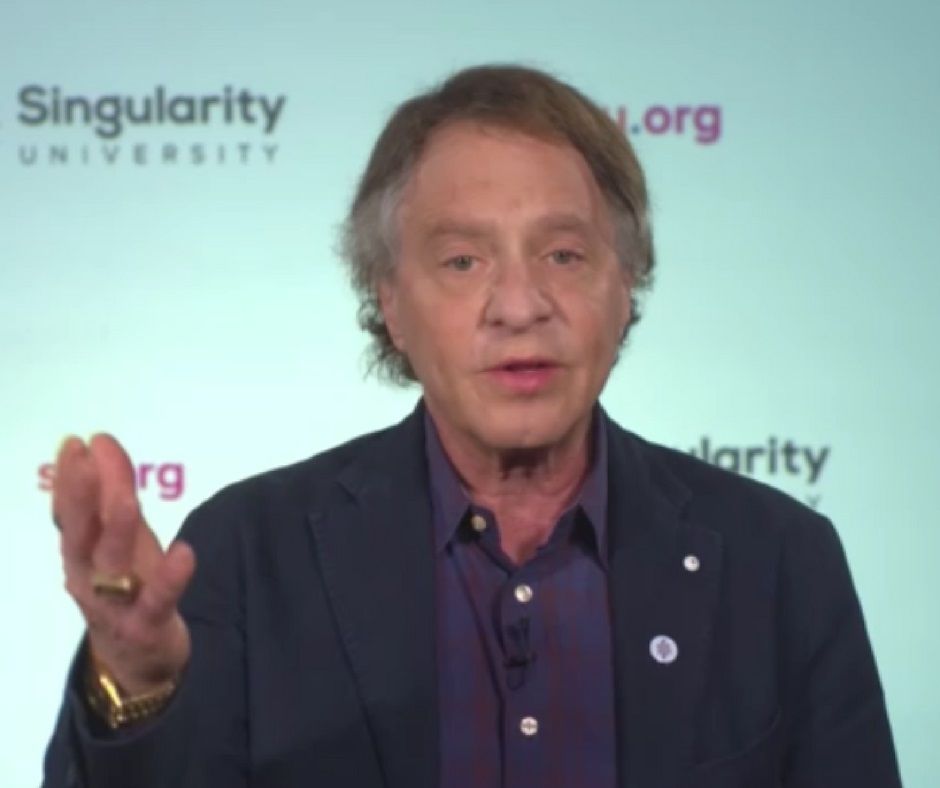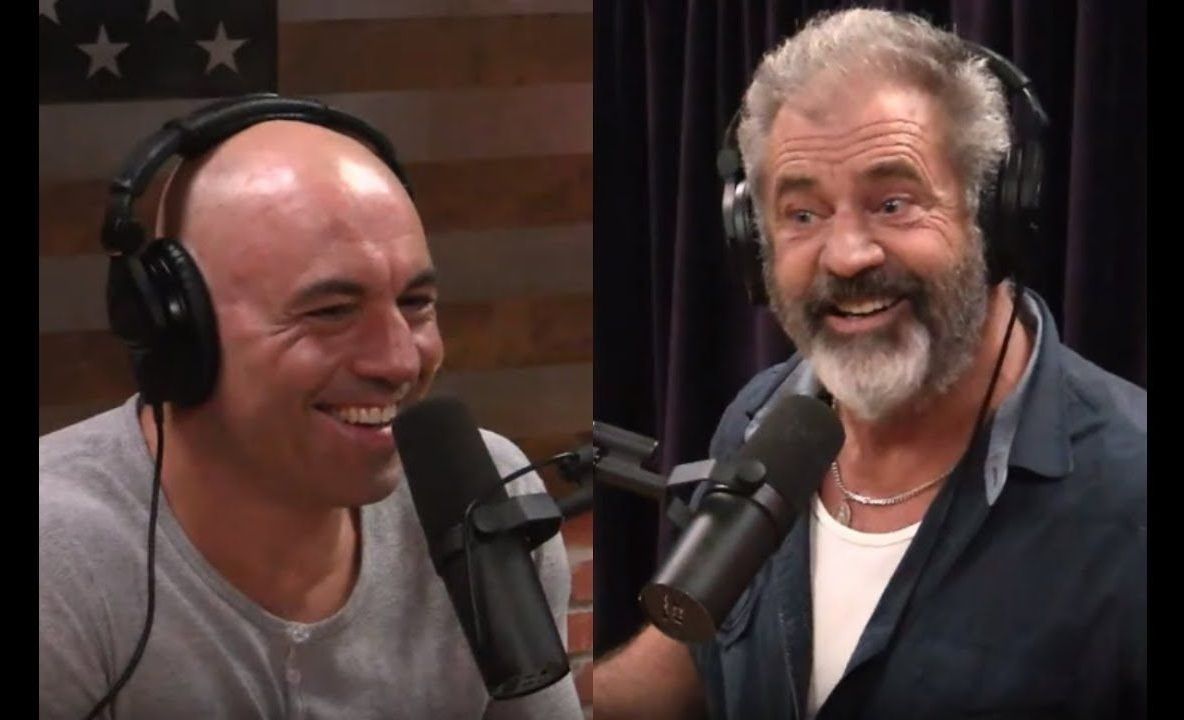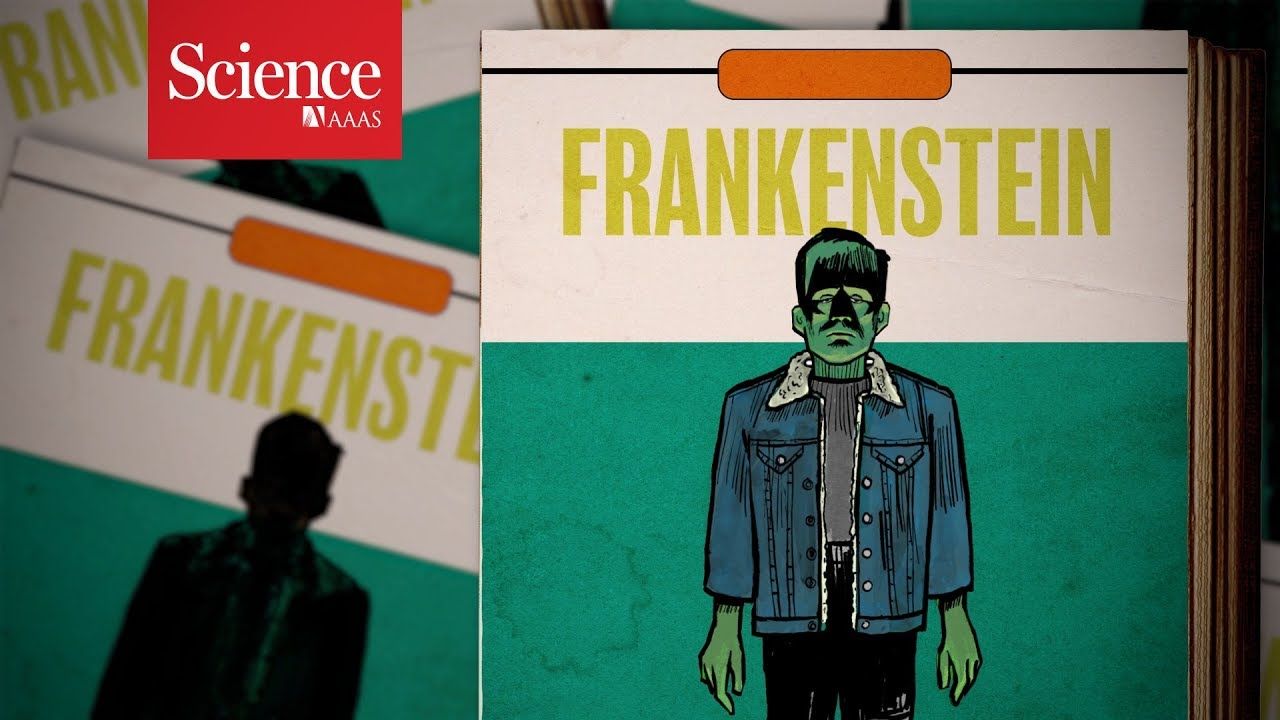Jan 18, 2018
Researchers Have Developed A New Way To Block Pain
Posted by Shailesh Prasad in category: neuroscience
For anyone who has accidentally injured themselves, Dr. Zachary Campbell not only sympathizes, he’s developing new ways to blunt pain.
“If you have ever hit yourself with a hammer, afterward, even a light touch can be painful for days or even weeks,” said Campbell, who researches pain on the molecular level at The University of Texas at Dallas. “While many of us may not be coordinated enough to avoid an accident, my goal is to disrupt the inception and persistence of pain memories.”
Campbell directs the Laboratory of RNA Control and recently published a study in the journal Nature Communications in close collaboration with Dr. Ted Price, an associate professor from the Pain Neurobiology Research Group, and Dr. Michael Burton, a new assistant professor from the School of Behavioral and Brain Sciences who conducted postdoctoral work at UT Dallas.
Continue reading “Researchers Have Developed A New Way To Block Pain” »
